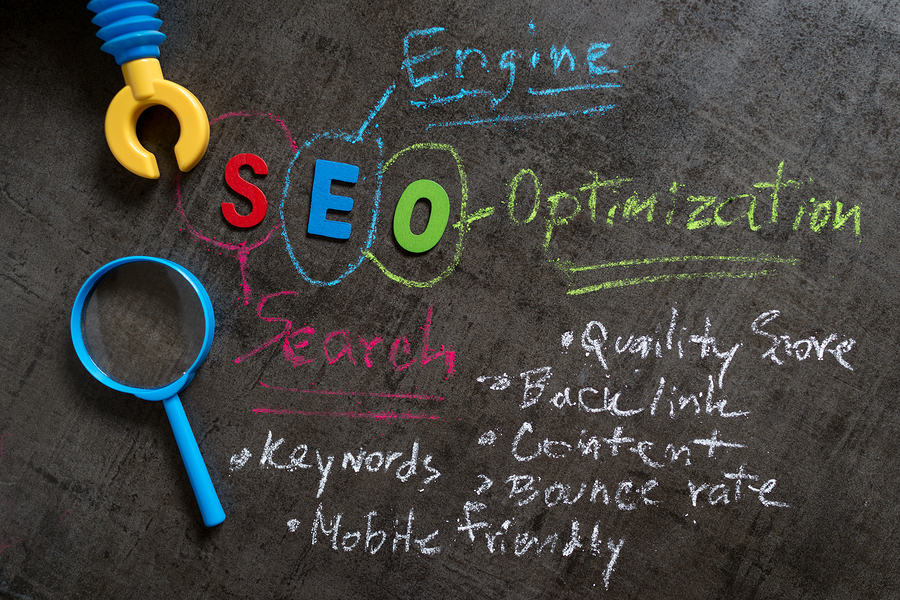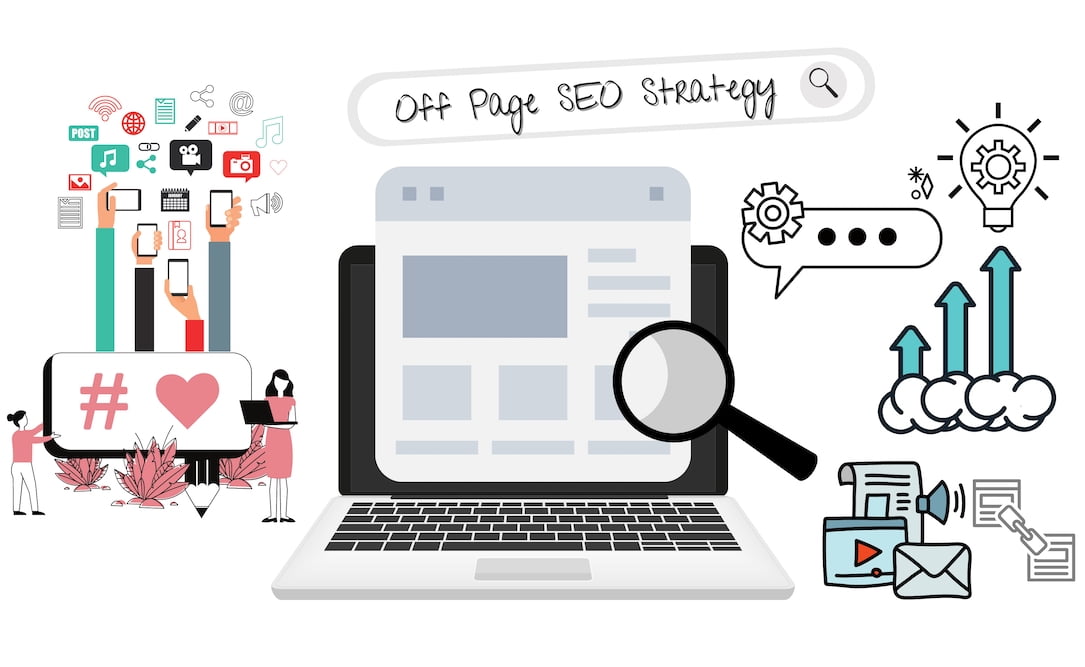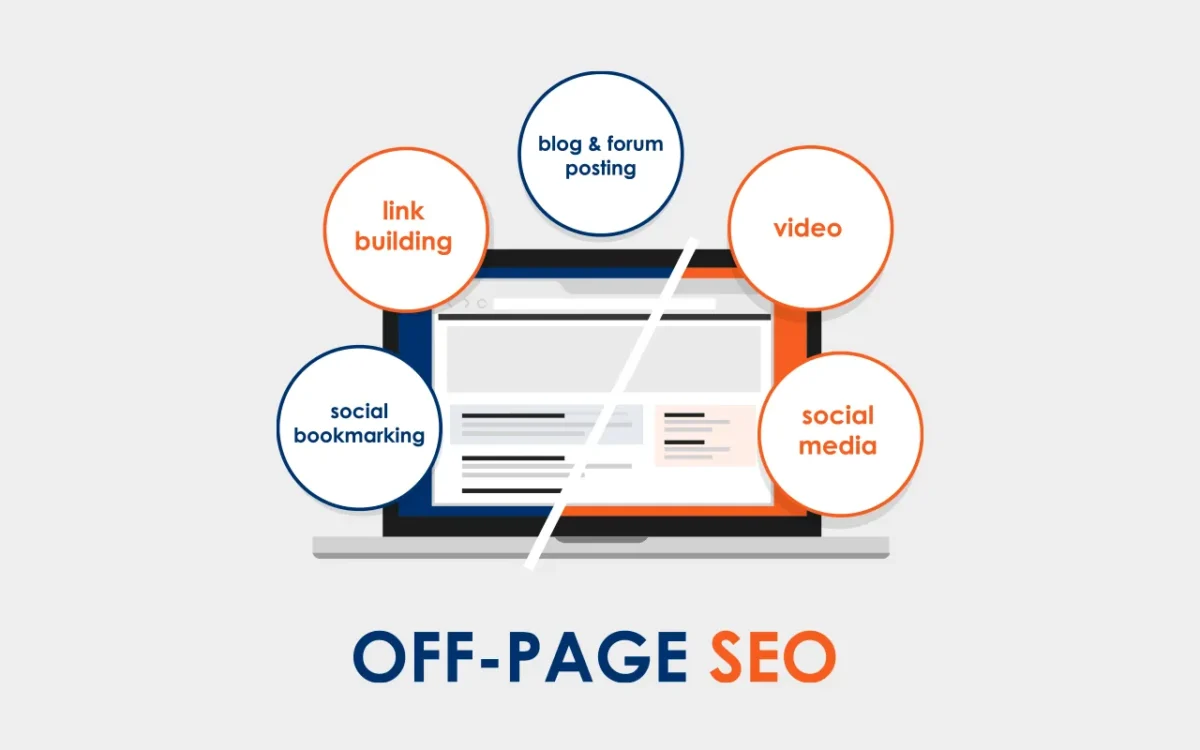Search engine optimization (SEO) is a crucial part of growing your online presence and increasing visibility for your website. Off-page SEO, in particular, plays an important role in improving traffic to your site by building backlinks from other websites.
This article, will take a look at the basics of off-page SEO and explore how you can use it to get more visitors to your website. Well, go over how to create high-quality backlinks, what types of links are most beneficial, and key tips on getting the most out of off-page SEO.
By understanding the fundamentals behind off-page SEO, you can start making changes that will help ensure lasting success for your business or blog.
Benefits of Off-Page SEO

Off-page SEO is the practice of optimizing a website for better search engine rankings through external signals such as link building and social media activity. It is an important tool in any digital marketing strategy, as it increases visibility, improves trustworthiness, drives more traffic to the site, and ultimately boosts sales.
One of the major benefits of off-page SEO is that it can help boost organic search results. Search engines use backlinks from other websites as a signal of quality content on your site, which helps improve its ranking in the SERPs (Search Engine Results Pages). By creating high-quality backlinks with relevant anchor text from external sources, you’ll be able to drive more traffic to your website via organic searches.
Another benefit of off-page SEO is that it can help build relationships with other businesses or influencers who might be interested in promoting your product or service. This networking opportunity can open up new opportunities for collaborations and partnerships that could result in increased brand awareness and even higher conversion rates.
In addition to boosting organic search rankings, off-page SEO also helps increase user engagement by providing interesting content related to specific topics or keywords people are searching for online. By adding valuable information about current trends or industry news on popular websites related to yours, you’ll attract readers who may then become customers down the line.
Overall, there are many advantages associated with incorporating off-page SEO into your digital marketing strategy; from improved visibility and trustworthiness among users through increased conversions resulting from effective targeted outreach campaigns – making this one tactic you don’t want to miss out on!
Strategies for Building Quality Backlinks

When it comes to building quality backlinks, several strategies can help ensure success. The most important strategy is to create content worth linking to.
Quality content should be informative and engaging, as well as timely and relevant to the topic at hand. Content creators should look for opportunities to link out other authoritative web pages to build relationships with other sites and increase their backlink potential.
Additionally, blog promotion through social media channels such as Twitter or LinkedIn is a great way to spread the word about your content and draw more attention to your site. It’s also important for SEO experts to take advantage of influencer marketing when attempting to build quality links; reaching out directly via email or on social media platforms can help create strong relationships between brands and influential figures which could lead them both closer towards mutual success.
Finally, guest blogging provides another opportunity for creating high-quality backlinks: writing articles for external websites can not only generate traffic but also contribute positively towards increasing one’s authority within their respective niche market.
Techniques to Maximize Traffic from Backlinks

When it comes to improving the amount of traffic from backlinks, there are a few techniques that can be utilized. First and foremost, you should always aim to build quality links rather than high volumes of low-quality ones.
Quality links will not only help drive more traffic but also improve your site’s ranking in search engine results pages (SERPs). Additionally, creating content with strong keywords relevant to your industry or topic will help ensure that the right people find your website when they search online.
You may also want to consider guest blogging on other websites as this is an effective way to increase visibility and generate new leads. Finally, local SEO tactics such as optimizing Google My Business listings for location-specific searches can lead to increased organic rankings and more targeted web visits. As you employ these various strategies, remember that it is important for the content associated with each link to provide meaningful value for readers so they are encouraged to click through the link itself.
Tools and Resources for Better Off-Page SEO Performance

Getting your off-page SEO right is essential to achieving long-term success for your website. Having a strong strategy in place that involves building backlinks and getting more organic traffic can be daunting.
Fortunately, there are many tools and resources available to help make this process easier. For starters, you’ll need the right software solutions to track progress and manage tasks as part of an effective off-page SEO campaign.
Link analysis tools such as Majestic or Ahrefs can provide insight into competitors’ link profiles, while Google Search Console offers visibility into how search engines view your website. Additionally, keyword research tools like Moz Pro or SEMrush allow you to identify high-value keywords relevant to your target market so that you can focus on optimizing web pages for those terms.
Content creation should also be a key component of any successful off-page SEO plan – after all, it’s the content that will ultimately attract links from other websites. To ensure quality output that resonates with audiences, consider using automated content generation services such as Quillbot or DeepAI Writer which leverage AI technology for greater accuracy and efficiency than traditional methods would otherwise offer.
These services are especially useful if time is limited but quality must still be maintained; allowing users to generate blog posts quickly without sacrificing on readability scores or impactful storytelling techniques. Finally, don’t forget about online reputation management systems like Brand24 or Sprout Social that enable businesses to monitor their brand presence across social media networks and respond accordingly when needed – this helps create trust among consumers who may then become interested in sharing your content further down the line!
Conclusion

Off-page SEO is an important tool to get more traffic and build backlinks. It involves researching competitors and creating content that’s better than theirs, as well as link-building tactics such as guest blogging or directory submissions.
It can be a time-consuming process, but the rewards of increased search engine rankings, referral traffic, brand recognition, and better user experience are worth it in the end. For example, using Off-Page SEO for an escort agency website would allow them to rank higher on SERPs organically which will result in more potential customers finding their services when searching online. Ultimately this will lead to increased revenue from organic search engine rankings.




